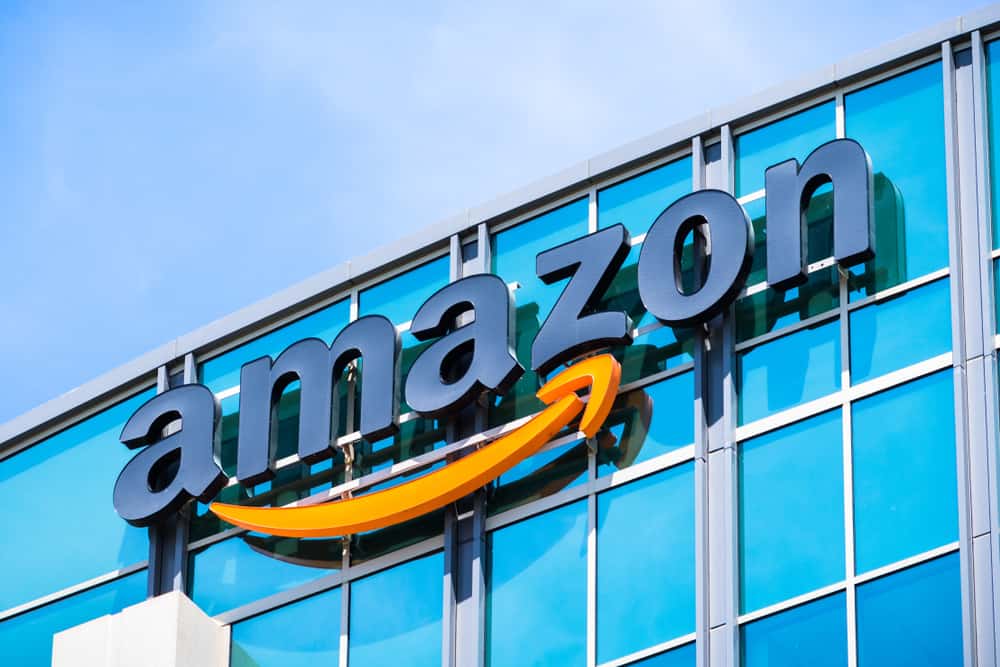A lot of people who are interested in affiliate marketing seem to be under the impression that it costs nothing to get started. Unfortunately, I’m here to tell you, this is simply not true. In order to be a successful affiliate marketer, you need to make a solid investment first and foremost.
Before I dive into the start-up costs for affiliate marketing, you should never have to pay to be an affiliate for a merchant or affiliate network. I’ve been doing affiliate marketing for years and have never paid to be an affiliate.
However, that’s where free ends. To get up and running with affiliate marketing you do need to invest in some software to get the ball rolling.
Anyone who tells you otherwise is simply being disingenuous for the sake of selling you something. While there may be some platforms out there that offer favorable deals, making it seem as if you are advertising their products almost for free, you’ll still need to invest something to be able to start raking in commissions and supplementing your income.
Now that we’ve established the fact that you DO need money to get started with affiliate marketing, the question then becomes “how much?”.
The simple answer is anywhere from $5 per month for cheap hosting to a few hundred bucks (depending on what software you decide to deploy).
However, this is not a one-size-fits all budget, as the investment you’ll need to make will depend on a variety of factors unique to you and your goals including what CPA networks and platforms you choose, what tools you will need (both initially and on a monthly basis), and more.
To give you better insight into how much it costs to start affiliate marketing, we’ve broken down the common expenses and additional factors to consider below:
1. Traffic
In order to run affiliate marketing campaigns, you will need to purchase traffic. The amount of money you pay and the platform you choose to use will help you figure out the quality of the traffic you can expect.
Typically, about $300 is a good amount to start with, as this will allow you to run a couple of tests and possibly make some profit in the process. The first campaign you build and deploy should have a simple conversion flow. This means it should not involve credit card submissions or deposits.
2. Tracking Platforms & Tools
There are a variety of tools out there (some free and others paid) that allow you to track and measure the performance of your affiliate marketing ads. Typically, you can expect to pay about $100 a month on a reliable performance tracking tool.
In order to choose the right one (which is a critical decision) you should do thorough research, pick 5-10 platforms you think would be a good fit and request a demo or free trial of each one. This will allow you to see the tools in action and will help you make an informed decision.
3. Hosting Plans
Affiliate marketing is all about creating content. This means you’ll need a place to park your content, so you can send traffic to it. Usually, most affiliates choose to build a full website, but you might not need to go this far as landing pages can sometimes work just as well.
Regardless, you’ll need to invest in a hosting plan, no matter which route you choose to take. There are plenty of hosting providers out there, and all come with a different price tag on a yearly or monthly basis, so do your research to find something that is within your budget and will ensure your website/landing pages load quickly and can scale as you grow.
4. Competitor Analysis Tools
Tools like SpyFu and Ahrefs allow you identify your competitors and see what types of campaigns they’re running that are performing well. This will help you get an idea of the types of campaigns you should be building, as you’re going after the same audience.
These types of tools start at around $40 per month and can offer a lot of different additional features such as keyword research tools and SEO analysis tools. Again, do your research to find the best one for you.
5. Landing Page Builder
Unless your CPA network already provides landing pages for you (which is generally not the case), you might have to invest about $20 for a reliable landing page builder. Be sure to research builders and only choose ones that allow you to download the landing pages you build in order to avoid vendor lock.
6. Translators
When it comes to affiliate marketing, you’re going to want to run campaigns in the most lucrative markets. Some of these markets will be in non-english speaking countries and regions, which means you’ll need your ad copy and landing page content to be translated into one or multiple languages.
These services range in price and typically cost around $5 per translation. You can find reliable translators on freelancing platforms like Fiverr and UpWork or use paid services that offer the same thing on a recurring basis.
7. Images & Creatives
While you can use free stock image platforms, these tend to be limited in terms of variety and oftentimes they aren’t the best quality or most relevant images out there.
Instead, I recommend paying for stock photo platforms that provide a specific number of downloads on a monthly basis (Shutterstock, Getty Images, RawPixel, etc.). Keep in mind, though, these platforms can be a bit pricey.
Tips to Help Keep Your Expenses Low
While choosing the proper budget is critical to being a successful affiliate marketer, you should also build a plan that helps you keep expenses low. To help, we’ve provided a few tips below:
Learn How Hosting Works to Save Money
I recommend taking the time to learn how hosting works, as this may allow you to save some money in the long run, when it comes time to choosing a hosting plan. You’ll also gain a better understanding of the technical aspects of your campaigns.
Avoid Networks With Long Hold Periods
A lot of beginners aren’t aware of this, but all CPA networks have a holding period that prohibits you from withdrawing any earnings until a certain amount of time has passed. With this in mind, you should try to choose networks that offer short holding periods. For instance, Net7 networks have the shortest holding periods at only 7 days.
Failing to choose a network with short holding periods could disrupt the rhythm and flow of your campaigns, as you might have to wait long periods of time before launching a new campaign after ending one.
Plan Ahead
Remember, planning ahead is crucial if you want to optimize your chances of being successful when it comes to affiliate marketing. I recommend estimating your daily budget, while considering the holding period and choosing the best tools to maintain your campaigns and ensure everything runs smoothly.

Jon Dykstra is a six figure niche site creator with 10+ years of experience. His willingness to openly share his wins and losses in the email newsletter he publishes has made him a go-to source of guidance and motivation for many. His popular “Niche site profits” course has helped thousands follow his footsteps in creating simple niche sites that earn big.







